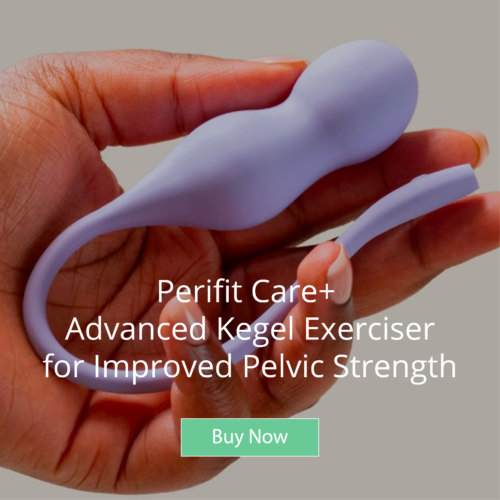Urinary Incontinence is a common problem involving the loss of bladder control. This can be physically and socially debilitating and affect ones quality of life in all aspects. When and how this happens depends on the type(s) of incontinence you have. Sufferers may unintentionally pass urine while coughing or laughing (stress incontinence), or may have a sudden and intense urge to urinate (urge incontinence). Leaking or dribbling may be an issue if you cannot fully empty your bladder (overflow incontinence). A physical or mental impairment may prevent you from emptying your bladder properly (functional incontinence) or it may be the case that your bladder cannot store any urine at all, which is known as total incontinence.
The main symptom is involuntary urination. If you have stress incontinence, it does not mean that you are stressed but that you will pass urine if your bladder is put under sudden pressure, for instance when coughing, sneezing, exercising or heavy lifting. Urge incontinence is when you have a sudden and urgent need to urinate and you cannot delay going to the toilet. This may mean you have to pass urine more frequently and may have to get up several times during the night. If you have overflow incontinence, also called chronic urinary retention, you may feel like you can never fully empty your bladder even when you try, and you may only pass small trickles of urine.
Causes of urinary incontinence can be varied. It may be a short-term problem caused by everyday habits, or it could be a sign of an underlying medical condition. Temporary incontinence may be caused by certain medications, foods or drinks. It could be caused by an easily treatable medical condition like constipation or a urinary tract infection. Serious conditions such as prostate cancer or neurological disorders can also cause incontinence, so it is important to see a doctor as soon as possible. Risk factors include age, weight, gender and family history. For women, pregnancy, childbirth and menopause can lead to loss of bladder control. Men are also at an increased risk of incontinence due to prostate gland problems.
There are a variety of treatment options depending on the type and severity of your condition. The first treatment you may be offered is bladder training, where you keep a bathroom diary and gradually learn techniques to improve your bladder control. You may benefit from lifestyle changes, such as losing weight, reducing caffeine intake or scheduling toilet trips, or using pads and protective garments. Your doctor may recommend pelvic floor exercises to strengthen the muscles that help control urination. Medication can also be prescribed depending on the type of incontinence. There are several options of surgical intervention that are mesh-free available. For Stress incontinence: Colposuspension, Urethral bulking and Fascial slings[ME(1] . For Overactive bladder: Sacral Nerve Modulation and Posterior Tibial Nerve Stimulation, and in some extreme cases, surgery may be needed if other treatments do not work.

Curious about whether
you’re in Perimenopause?
Perimenopause, which means ‘around menopause’, is the phase when the body readies itself for menopause. With over 34 symptoms like hot flushes, night sweats, increased anxiety, and brain fog, it can be tricky to pinpoint if you’re in perimenopause.
Complete our brief questionnaire and gain some clarity on your position in this transformative journey.
Book a Consultation
Reviews
Verified by 



